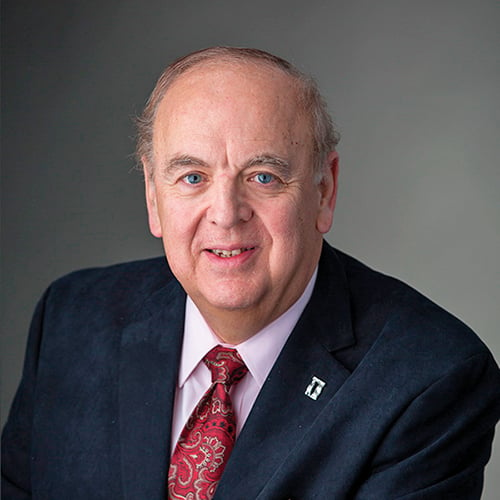Sharon, Mass—My husband and I chose The Binah School carefully for our daughter Chana. We were impressed that the co-founders of this new school realized their educational model is ground-breaking, ran a pilot program before opening a year later as a full-time school in 2012. They were successful at gaining the interest of one of the most notable Jewish philanthropies in America and Israel, the AVI CHAI Foundation, to fund their early years of operation.
From Day One the school exceeded our admittedly high expectations and we knew we were in for something special. Chana’s Torah learning grew in depth and sophistication. Chana was challenged to think deeper and explain her ideas more fully in both her kodesh and secular classes.
Partway into her first semester at Binah, Chana asked if we could have some family friends over for a Melava Malka to show them what she learned about Fibonacci number sequences and video editing software.
At our Shabbos table, Chana discussed what she and her classmates explored in their year-long theme and described how her school projects link Torah concepts and the halacha of hunger, leket and peah, to present day concerns of local and global food insecurity, hunger and the modern day gleaning movement.
“What’s my impact?” is the quintessential question at The Binah School. Students work on independent and group projects in secular and Judaic classes and are continually asked to question, “What’s my impact on my work, on my school, on my community and on the world?”
It is important to us that in our daughter’s school setting the principles of ahavat yisroel, giving others the benefit of the doubt and tikkun olam are woven into every aspect of the learning. These values are reflected in the diversity of Orthodox families who attend, the one-of-a-kind curriculum that is hand-crafted around social justice Torah themes, and the atmosphere of inclusivity among the student body.
The heart of the Binah curriculum is a project based learning (PBL) approach to teaching. Students are given an extended period of time to investigate a complex problem and to present solutions to challenges. Problem solving, critical thinking skills, collaboration and communication strategies become as essential to the learning as the content itself. PBL allows students to guide their own learning with their teachers’ guidance. Final work is always shared with an audience outside the school community, a known motivator pushing students to strive for excellence.
In Binah’s second year, the students’ project was centered on the Torah concept of areyvut, or mutual responsibility for the other. Students connected text learning about areyvut with the issue of inclusivity for people with disabilities.
Students met community members with disabilities, learned about the American Disabilities Act, held a Skype interview with one of the founders of the disability rights movement, studied universal design and adaptive technologies, and received sensitivity training to learn how to work with people with disabilities from the New England Director of Yachad.
Quickly gaining interest from other national supporters, The Binah School received an arts and social justice grant from the prestigious Covenant Foundation. This gave Binah students the opportunity to learn from a professional muralist and install the first piece of public art in the town of Sharon, that drew from the students’ Judaic studies and spread the message that inclusion is the key to our growth as a people and is essential to being part of a community.
The Partnership for 21st Century Skills (www.p21.org) addresses the current gap between the knowledge and skills most students learn in school and those needed in today’s local and global workforces. Today’s students must gain mastery in the “4Cs”: critical thinking and problem solving, communication, collaboration, and creativity and innovation.
Observing The Binah School in action throughout the year, it is evident the students use these essential “4Cs” in real-life meaningful ways. The skills and knowledge they master in their project-based learning and dual curriculum of academic and Judaic studies is preparing young women to attend seminary and college, join the Israeli army, and enter the global marketplace.
Many Binah students live locally, but its boarding program is growing quickly.
Tucked away in a naturally beautiful small New England town, with distance from the cramped lifestyle and influences of the urban city, The Binah School is a gem of a place for out of town families to consider. We are overjoyed to have found this treasure and to be part of its growing success.
Nancy Norton, Ed.D. is a psychologist and educator, and the parent of a student at The Binah School.
The Binah School, located in Sharon, MA, is a boarding high school for Orthodox girls in grades 8-12. In a warm and religious environment, girls connect Torah learning and religious life with secular subjects, arts and technology. The Binah School is accepting applications for the 2015-16 school year. To learn more, contact co-founder Michal Oshman at [email protected], go to www.thebinahschool.org and visit our Facebook page.
By Nancy Norton, Ed.D











